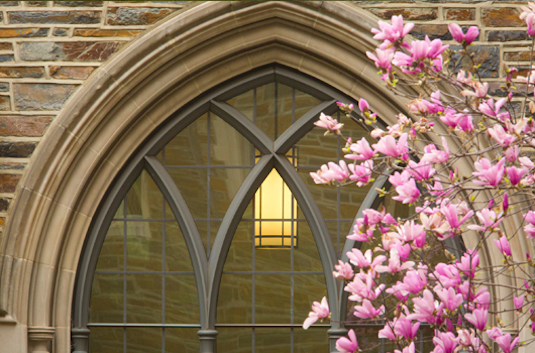Duke/UNC B&I Workshop

Martin Opertti (Duke) and Connor Choate (UNC) will present their latest research work. After the workshop, there will be a happy hour at Lakewood Social.
Martin Opertti (Duke): "Expressive and Instrumental Voting: The Role of Decisiveness in Shaping Electoral Preferences."
Abstract
Rational choice models of vote choice have long differentiated between the instrumental and expressive components of voting. The expressive component suggests that expressing a preference can provide intrinsic benefits, independent of the election outcome. While instrumental and expressive motives often align in electoral choices, they can also diverge. In such cases, perceptions of vote decisiveness may shape vote choice, as these models propose that self-interest is weighed by the probability of one's vote being decisive, whereas expressive benefits are gained regardless of the outcome. Thus, when decisiveness is perceived as low, expressive concerns should dominate; however, as decisiveness increases self-interest should become more prominent. I test this prediction by using a referendum on police night raids in Uruguay, which presents a trade-off between self-interest and expressive concerns for a specific group of voters. I employ a survey experiment that randomly assigns respondents to either a low- or high-decisiveness condition, with past referendum data framed to describe outcomes as either decided by a large margin (in vote numbers) or a narrow margin (in percentage points) and analyze whether respondents show differences in vote choice.
Connor Choate (UNC): "Local News and State Legislative Effectiveness."
Abstract:
Natural differences in media markets in the United States lead to differences in specificity and intensity with which newspapers cover individual legislators. Although past work examines how local media influences the performance of whole legislatures, less is known about influences on individual legislators. I hypothesize that the mere prospect of intense, specific coverage induces legislators to work harder on their constituents' behalf. Using local newspaper circulation data from the News Deserts Database and the Alliance for Audited Media, I investigate whether state legislators perform better when they represent a media market suited to generate intense and specific coverage of their legislative activities. Indeed, I find that such legislators are more effective on average. Although these legislators






